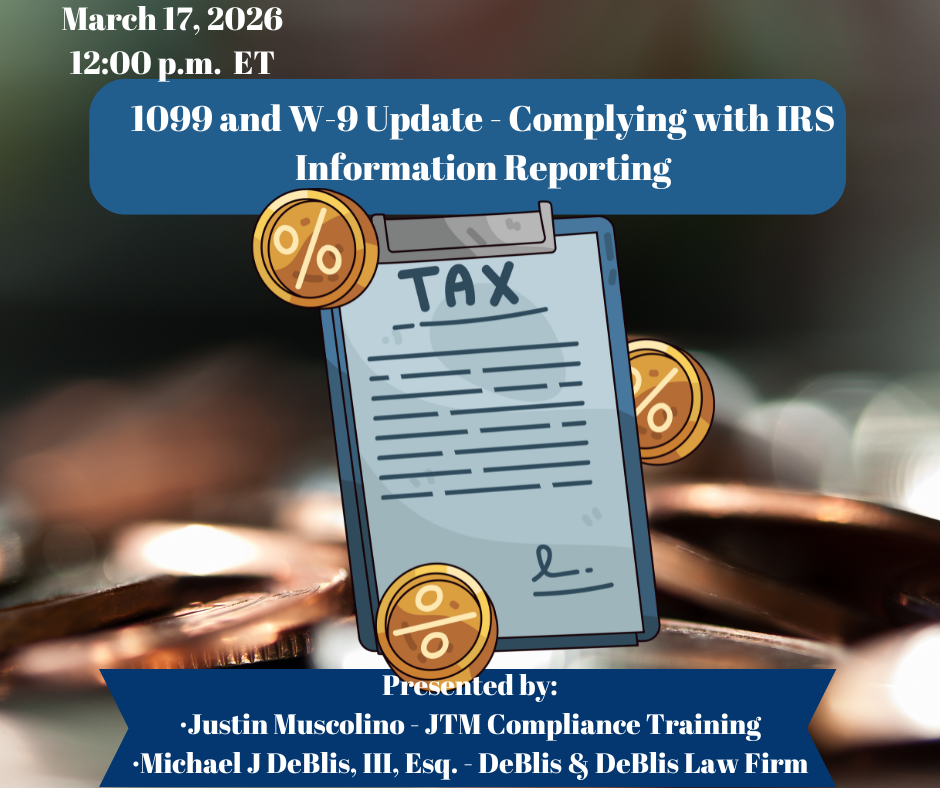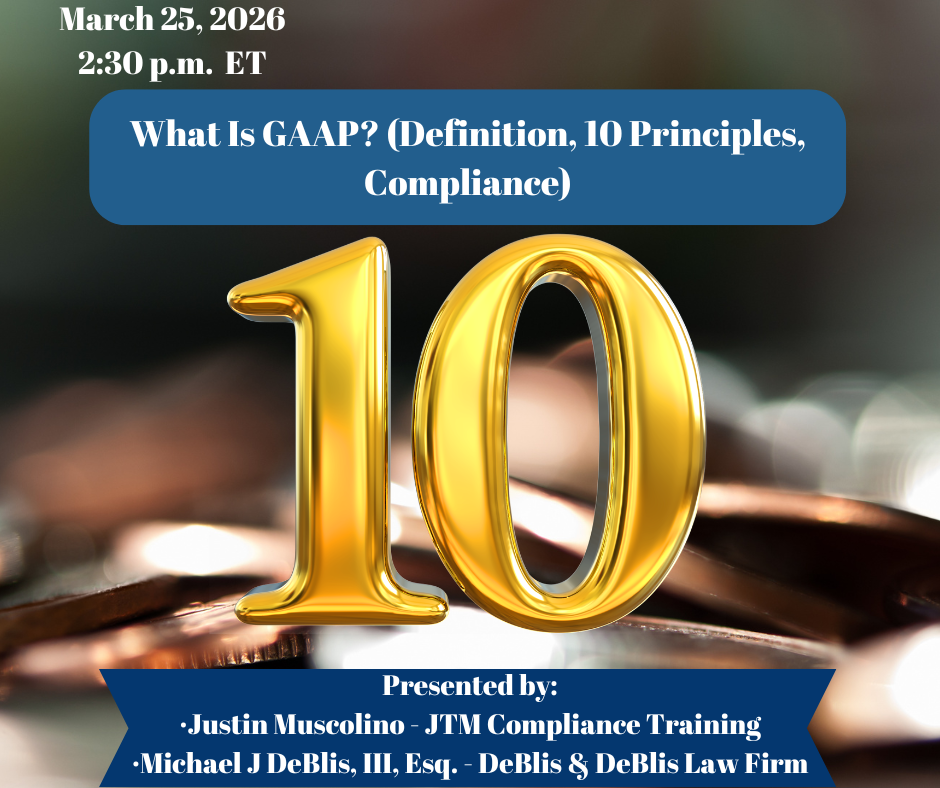
Exciting new series on “Voice, Body and Movement for Lawyers – How to connect with the jury and find Justice Through Dramatic Technique!”
Click here to find out more
Businesses are under increasing scrutiny regarding pay equity, both by internal stakeholders and external regulators. Further, pay equity is a significant component of many DEIA (Diversity, Equity, Inclusion, and Accessibility) programs, as well as an increasing focus of ESG (Environmental, Social, Governance). Achieving sustained pay equity, however, typically requires excellent compensation policies, annual self-auditing, and a budget to make annual pay equity adjustments. Simply put, it requires a program.
In this webinar, Craig Leen and Kathleen Parker will discuss step-by-step how to create a comprehensive and effective pay equity self-audit program.
The learning objectives for the program are as follows:
• Analyze the primary federal and state laws that inform the legal standard in this area, including Title VII of the Civil Rights Act, Executive Order 11246, the Equal Pay Act, relevant OFCCP Directives, and related pay equity and pay transparency laws in California, New York, Illinois, and other states, while also addressing a few case examples that illustrate pay disparities that would potentially violate those authorities.
• Identify the internal employees/departments and external professionals who would be needed to develop a comprehensive and effective pay equity self-audit program. Discuss the importance of setting up the program under attorney-client privilege to the extent possible, and the types of experts (such as economists or I/O psychologists) that would be brought in to conduct the self-audit. Review the steps to creating the program, including setting compensation policies, establishing pay analysis groups (also known as similarly situated employee groups), determining the factors used to set compensation, determining how pay disparities will be evaluated, and setting a budget that allows for sufficient pay equity adjustments.
• Identify legal guidelines, best practices to follow, and concerning practices to avoid. Discuss the importance of setting starting pay in an equitable manner (and without regard to prior pay), the need to consider equity in promotions as part of pay equity, the importance of auditing for wage compression, and the key influence that supportive caregiver and parental leave policies have on pay equity.

This CLE program covers the most recent changes affecting IRS information reporting, with emphasis o...

This continuing legal education (CLE) program highlights the intersection of lawyer wellness, alcoho...

As artificial intelligence becomes the engine of the global economy, the value of "AI-ready" data ha...

The CLE will cover the Ins and Outs of Internal Corporate Investigations, including: Back...

United States patent law and the United States Patent and Trademark Office’s patent-related gu...

This program examines critical 2025-2026 developments in patent eligibility for software and AI inve...

Navigating Stress and Trauma in the Legal Profession, explores the unique challenges faced by legal ...

The direct examination presentation outlines how attorneys can elicit truthful, credible testimony w...

This course breaks down GAAP’s ten foundational principles and explores their compliance impli...

Attorneys hopefully recognize that, like many other professionals, their lives are filled to the bri...